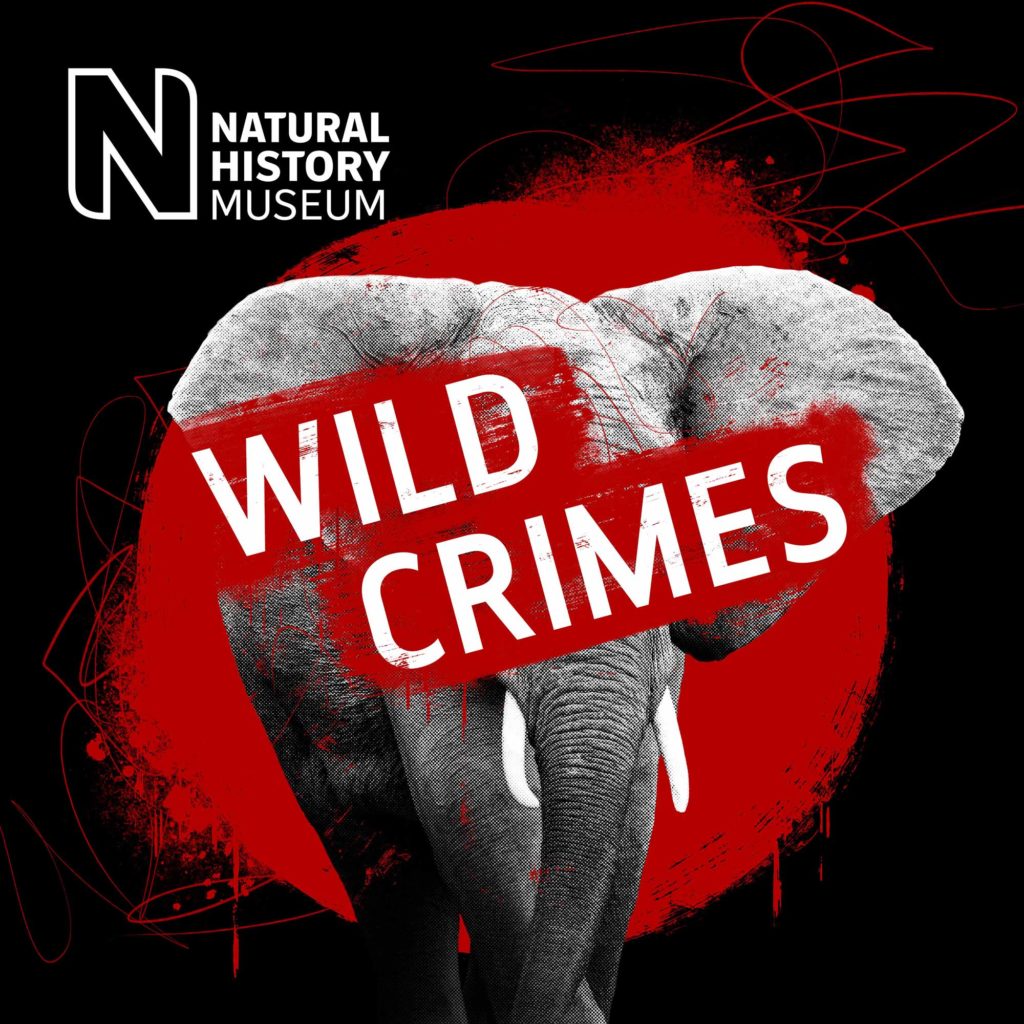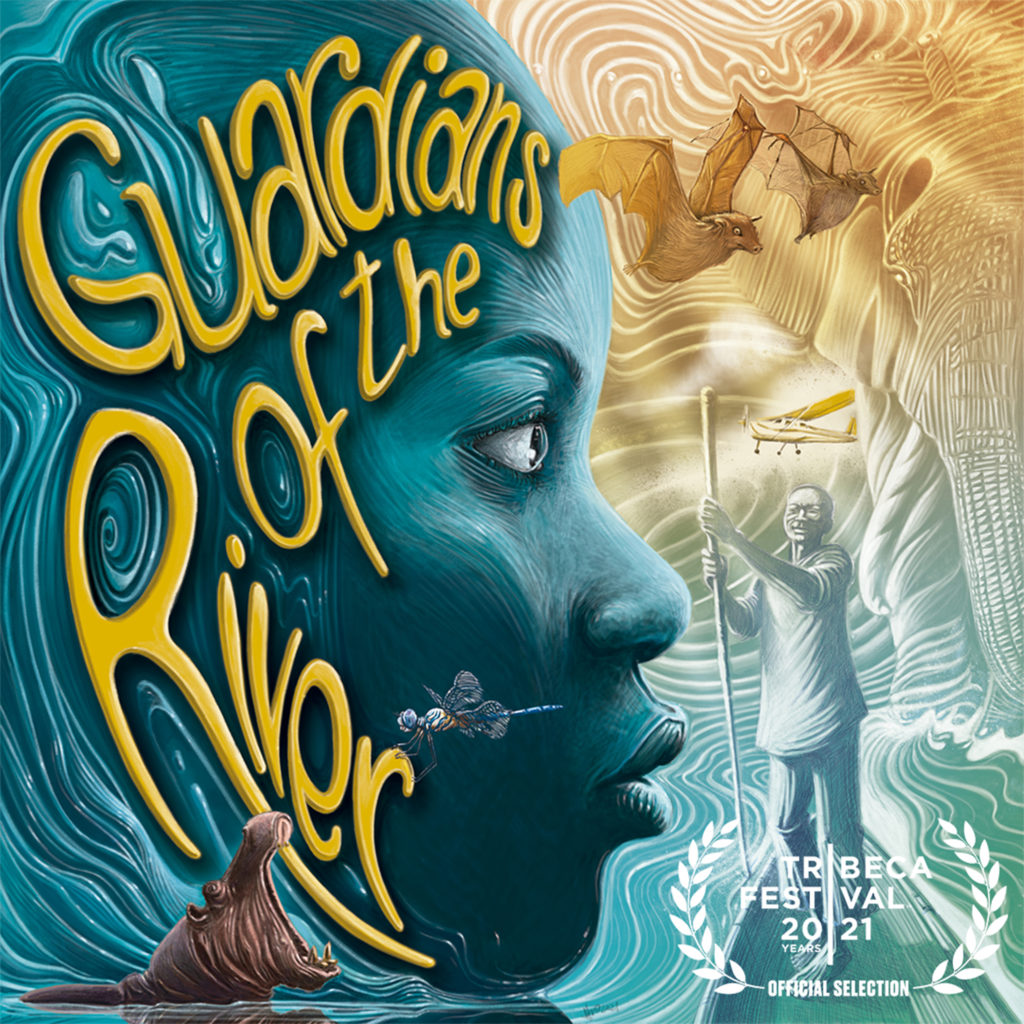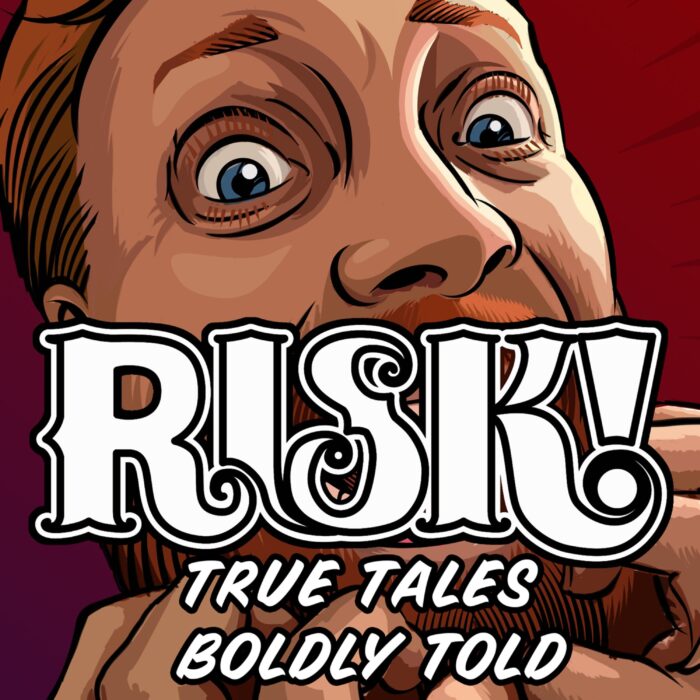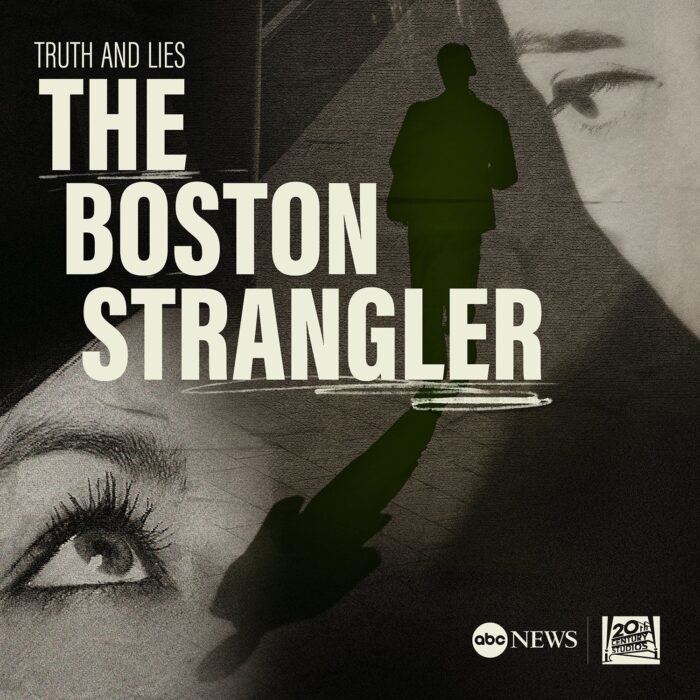True crime in the natural world: ‘Wild Crimes’ looks at poaching, smuggling, and illegal trade

Wildlife crime is one of the largest and most profitable illegal businesses on the planet. The poaching and smuggling of endangered species, small and large, are depleting the planet of its most beautiful creatures. Despite the people who dedicate their lives to protecting the most threatened animals on Earth, thousands are killed every year. The Natural History Museum of London has created their podcast “Wild Crimes” to uncover more of the dark underbelly of this beast.
“Wild Crimes” speaks on the stakes involved in this business and the reasons why these crimes continue. Whether it be greed, vanity, or mere superstitions, animals continue to suffer at the hands of humans. The topics addressed are as complicated as they are intriguing, with true crime-esque anecdotes to keep you hooked.
It’s a sinister trade, hunting the few surviving members of species, and it’s not taken lightly by most of the world. Yet, there has always been a market for it. From the elephant ivory trade to the dinosaur fossil hunt, “Wild Crimes” covers the past, present, and future of these practices.
“Wild Crimes” is presented by two PhDs who dive deep into singular crimes committed against Earth’s biodiversity. They speak with wildlife conservationists and researchers, and sometimes even endangered species pet owners, about what these illegal trades are doing to species, and how we can stop it.
Playing the small game
When you think of wildlife crime, your mind probably directs itself to big game hunting and animal poaching – people who are after rhinoceros’ horns and elephant tusks. But there’s a much smaller game being targeted in much larger numbers: chameleons. And the country of Tanzania suffers greatly from reptile smuggling. It’s had a ban on all wildlife exports since 2016, yet reptiles have found their way out of the country by the hundreds.
The first episode of “Wild Crimes” looks at the many ways that snakes, geckos, and chameleons have been smuggled out of their habitats: in suitcases, socks, and plastic containers. Nearly all of them destined for private collections. And studies show that nearly 30% of chameleons die within their first year of ownership, with many more dying in smuggled transit.
“Wild Crimes” looks at crimes across the board. From the pangolin, the world’s most trafficked mammal, to Europe’s extremely odd, yet biggest wildlife crime of eel smuggling. There’s the ivory trade to black market orchids, stealing dinosaur fossils and the murder of birds of prey. And it all revolves around money. Millions upon millions of dollars are passed between hands in the trade of live animals and animal parts. Some are destined for private collections; some are destined to be put on display. Some are killed simply for pride.
“Wild Crimes” is all about the true crime of the natural world. You’ll hear true stories of smugglers and poachers, tales of the live animal black market, and the ways we have gone about to stop it. Find out why the European eel is considered such a valuable commodity. Discover the collateral damage that the disappearance of rhinos has on the African and South Asian ecosystems. Interesting, educational, and poignant, all 10 episodes of “Wild Crimes” will have you hooked.







